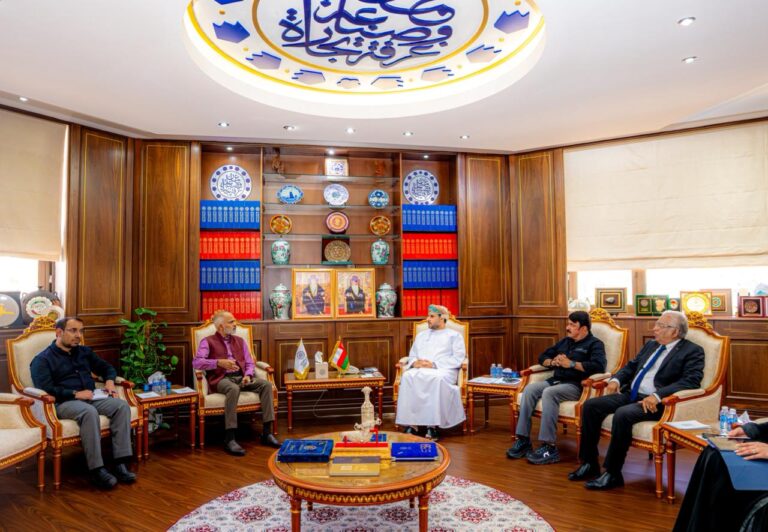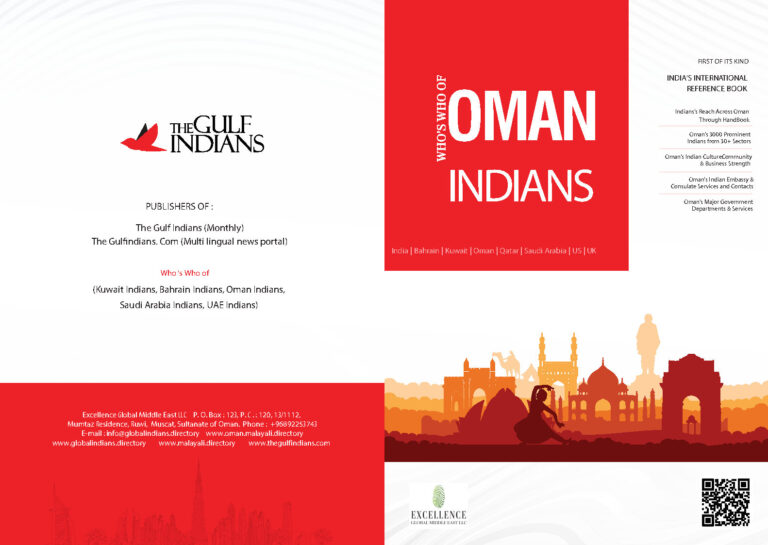Our correspondent
Housemaids and domestic workers in the UAE who wish to send home money have to be physically present at the money exchange house to conduct their transactions. If they are unable to be present physically, the sponsor can send money on their behalf, but only after producing an authorisation letter from the worker, Gulf News reported citing exchange houses.
The rule has been in place since 2018, but exchange houses had been lenient on this aspect. However, recently the UAE Central Bank became strict in the implementation of this rule. Exchange houses which fail to comply with the regulations risk being fined — anywhere between Dh50,000 and Dh500,000 depending on the severity of the breach and at the discretion of the Central Bank.
The letter of authority must include the beneficiary details in the case of a money transfer transaction. The representative and the beneficial owner of funds must both be UAE residents. Original identification documents of both parties must be collected and verified
The letter of authorisation must refer to the type of transactions (whether currency exchange or money transfer), which the representative is authorised to carry out on behalf of the beneficial owner of funds. Also mandatory are the ID details of the representative and the fund owner. The letter must also include the details of the beneficiary in the home country in the case of a money transfer transaction.











